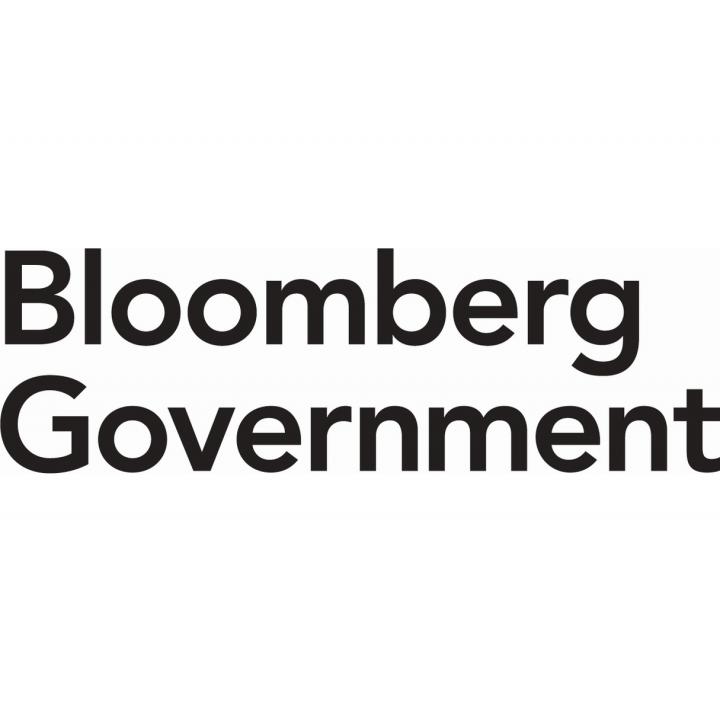Lag in Biden’s NIH Nominee Creates Tougher Confirmation Scenario

Story Excerpt — read the full story in Bloomberg Government (subscription required)
Better to Be Right Than Fast
It’s not a bad thing that Biden is taking his time, Ellie Dehoney, vice president of policy and advocacy for Research!America, said. There are advances in genomics, Alzheimer’s disease, and pandemic preparedness that the NIH will play a key role in shaping. Biden’s nominee also will have to fill the shoes of Collins, a deft scientist and policymaker whom Sen. Roy Blunt (R-Mo.) has dubbed one of the best politicians in Washington for his ability to navigate both parties on Capitol Hill while serving three administrations, as the NIH’s budget grew about 49% over the last seven years.
“This could usher in an era like we’ve never seen before, with a person in that role who has an outsized presence. But you don’t come by those people all that easily. So let him take his time,” Dehoney said. “I’d rather them get it right than get it done fast.”
The White House said in a statement that “The role of NIH director is critically important, especially as we tackle a range of critical public health issues right now and plan for the future. We have strong acting leadership in place that is playing an important role, and look forward to sharing a nominee with the requisite expertise and leadership for this job.”
Biden’s nominee would likely face a tougher process compared to past nominees for an agency that has generally enjoyed bipartisan support. The committee hasn’t even convened an NIH confirmation hearing in more than two decades.
Dehoney and others said Lawrence Tabak offers a steady hand leading the agency in the interim. He’s been the NIH’s second-in-command for a dozen years. “While it would be great to have a permanent director in there, we have one of the best, not just acting directors, but directors in NIH’s history at the helm now,” she said.
Parikh said he remains optimistic there’s a “wonderfully qualified scientist out there” who can help settle down the roil that’s happened over the past few years. “There’s still an opportunity for that in this transition. I really hope whoever it is that ends up being nominated can lower the temperature by taking the time to build a relationship, if at all possible with the oversight committees, with the appropriators—and take some time to do that before the next crisis.”




